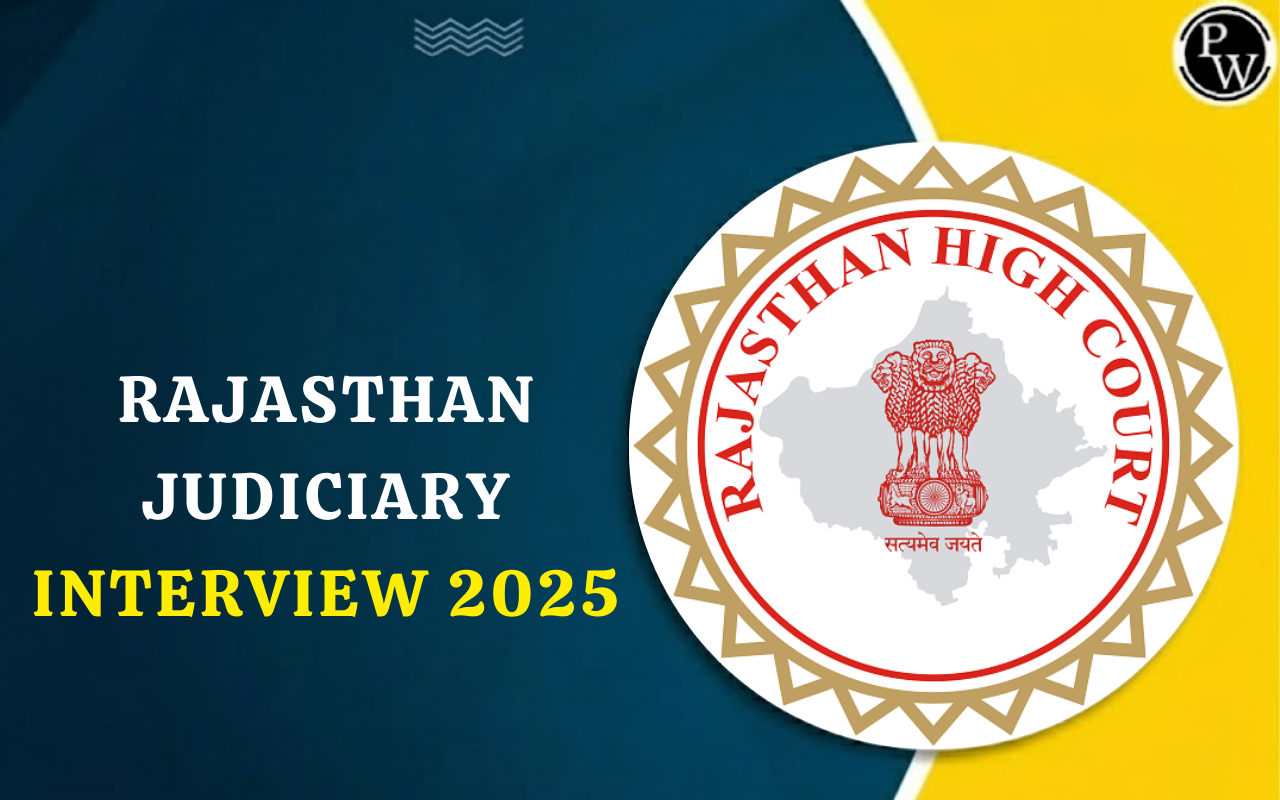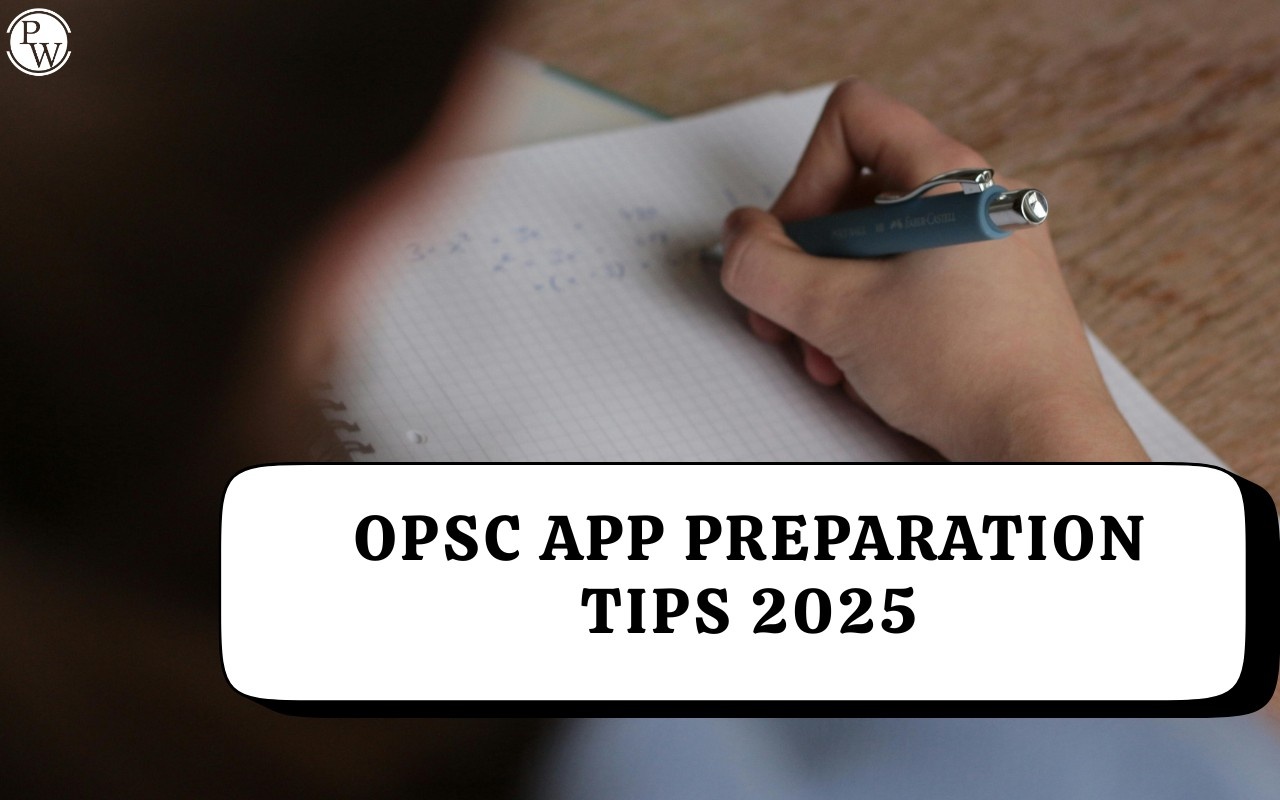
Public Prosecutor vs. Assistant Prosecution Officer: India's legal system is governed through a highly organised chain of judges, lawyers, and police officers. Public Prosecutors and Assistant Prosecution Officers (APOs) are two crucial roles in criminal cases. Though both appear in court to present criminal cases, there are major differences between their roles, powers, recruitment procedures, and duties.
We will discuss the differences between Public Prosecutors and APOs, how they are appointed, what their duties are in court, and how law graduates can prepare for such roles. This guide will be particularly helpful to students preparing for Judiciary Exams, APO Exams, and other law exams.
What is a Public Prosecutor?
A Public Prosecutor (PP) is a government lawyer who presents criminal cases on behalf of the State in court. Their main role is to help the court deliver justice, not just to get someone punished.
As per Section 24 of the Code of Criminal Procedure (CrPC), 1973, Public Prosecutors handle cases in Sessions Courts and higher courts.
Important Key Points about Public Prosecutors
Here are some important points to know about Public Prosecutors.
- Selected by the State Government in consultation with the High Court.
- Advocate for the State in the Sessions Court, High Court, and Supreme Court.
- Must have at least 7 years of legal practice.
- Expected to remain fair and neutral during the trial.
- In big or complicated cases, they may be supported by Additional or Assistant Public Prosecutors.
What is an Assistant Prosecution Officer?
Assistant Prosecution Officer (APO) is a legal officer appointed by the government to represent the State in criminal cases, mainly in Magistrate Courts. They play a key role in handling routine prosecutions and support senior prosecutors in higher courts.
Important Key Points about APO
Here are some Key points about Assistant Prosecution Officer.
- Primarily works in Magistrate Courts (Judicial Magistrate First and Second Class).
- Selected through State Public Service Commissions like UPPSC, BPSC, UKPSC, etc.
- The minimum qualification required is a Bachelor’s degree in Law (LLB).
- Handles tasks such as filing charge sheets, conducting cross-examinations, and doing legal research.
- It is usually the entry-level role in the State Prosecution Department.
Difference between Public Prosecutor vs. APO
Here’s a major key difference between a Public Prosecutor and an Assistant Prosecution Officer (APO).
|
Difference between Public Prosecutor vs. APO |
||
|
Feature |
Public Prosecutor (PP) |
Assistant Prosecution Officer (APO) |
|
Position Level |
Senior-level |
Intial-level |
|
Court Jurisdiction |
Sessions Court, High Court, Supreme Court |
Magistrate Courts (First Class & Second Class) |
|
Appointment Authority |
Appointed by the State Government in consultation with the High Court |
Recruited through State Public Service Commissions (UPPSC, BPSC, etc.) |
|
Eligibility |
Minimum 7 years of legal practice |
Bachelor’s degree in Law (LLB) |
|
Main Responsibilities |
Conducts prosecution in serious and high-profile cases |
Handles routine prosecutions, prepares case files, and assists PPs |
|
Role in Court |
Represents the State in higher courts |
Represents the State in lower courts |
|
Assistance |
May be assisted by Additional or Assistant PPs |
May assist senior prosecutors in complex cases |
Career Paths of Public Prosecutor vs. Assistant Prosecution Officer (APO)
If you're a law student aiming to join the prosecution service, here's how your career path may look for both APO and Public Prosecutor roles.
APO Career Progression
Starting as an APO, candidates can grow through the following roles with experience and departmental promotions.
- Assistant Prosecution Officer (APO)
- Additional District Prosecution Officer
- District Prosecution Officer
- Joint/Deputy Director of Prosecution
- Director of Prosecution
Public Prosecutor Career Progression:
A Public Prosecutor can advance to higher legal roles in the judicial system through the following career stages.
- Additional Public Prosecutor
- Public Prosecutor
- Senior Public Prosecutor
- Advocate General / Additional Advocate General (in constitutional matters)
Salary Difference Between Public Prosecutor and APO
Public Prosecutors usually earn more than Assistant Prosecution Officers (APOs). As they gain more experience, their salary also increases.
- Assistant Prosecution Officer (APO): The starting salary is around INR 47,000 to INR 60,000 per month.
- Public Prosecutor (PP): Experienced Public Prosecutors earn between INR 67,000 to INR 1,00,000 per month, and they also get extra government benefits.
Public Prosecutor vs. Assistant Prosecution Officer FAQs
What is the main difference between a Public Prosecutor and an APO?
What is the minimum qualification required for an APO?
Who appoints a Public Prosecutor in India?
How can a law student become a Public Prosecutor?
Can an APO become a Public Prosecutor?










